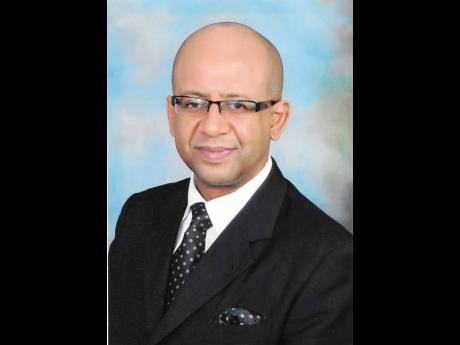Immigration Corner | What help for Britons who are victims of crime abroad?
Dear Mr Bassie,
I AM a British citizen and I would like to know what assistance is available for citizens such as myself, if we become a victim of crime while abroad.
– R.B.
Dear R.B.,
British citizens who are victims of crime abroad can get help from the nearest British embassy, high commission or consulate, or the Foreign and Commonwealth Office (FCO) in London.
The telephone number for the Foreign and Commonwealth Office is 0207 008 1500.
In most countries, persons must report the crime before leaving the country, if they want it to be investigated. Persons might need to report the crime to make a claim on their travel insurance. Please note that persons must report a lost or stolen passport as soon as possible.
The embassy, high commission or consulate can help British citizens get help to understand local police and legal procedures; find an English-speaking lawyer or translator; find medical treatment or an English-speaking doctor. They are also able to assist by contacting relatives and/or friends to let them know something has happened.
Please note that these entities will not be able to:
• Give legal advice;
• Collect evidence or investigate crimes;
• Influence the outcome of any trial;
• Give financial help, for example, for travel costs to a trial abroad or to replace stolen property;
• Accept any lost or recovered stolen property, except for passports (which are cancelled and returned to HM Passport Office) and driving licences (which are returned to Driver and Vehicle Licensing Agency (DVLA).
Please note that persons may be able to claim compensation if they are the victim of crime abroad.
Please be aware that the Foreign and Commonwealth Office can help. The FCO can:
• Give general information about local police and legal procedures;
• Provide a list of overseas lawyers who speak English;
• Provide information about translation and interpretation services;
• Can help persons to contact a local doctor if they need medical treatment;
• Offer general travel information;
• Help British citizens contact the relevant local authorities and organisations when they are overseas;
• Contact relatives and friends and let them know if something has happened;
• Give British citizens advice on their options if they need financial help;
• Where appropriate, issue travel documents.
The FCO cannot:
• Offer legal advice or interfere in the legal proceedings of another country;
• Pay British citizens bills, including legal fees, translation services, travel or accommodation costs;
• Collect evidence or investigate crimes;
• Influence the outcome of any trial;
• Normally attend a court case involving a British national;
• Accept any lost or recovered stolen property, except for passports (which are cancelled and returned to HM Passport Office) and driving licences (which are returned to DVLA)
I hope this helps.
John S. Bassie is a barrister/attorney-at-law who practises law in Jamaica. He is a justice of the peace, a Supreme Court-appointed mediator, a Fellow of the Chartered Institute of Arbitrators, a chartered arbitrator and a member of the Immigration Law Practitioners Association (UK). Email: lawbassie@yahoo.com.

